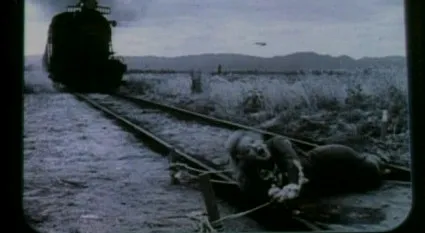The Cost of Human Life
The trolley problem refers to an exercise in ethics that goes like this: you have a runaway trolley going down the tracks towards five people tied up on the tracks. The trolley can be diverted away but the other track has one person on it. The trolley does not have time to stop for either. Do you divert the train?
An AI that was being developed to control a switchboard for the railways was put to this utimate test: important for this very scenario could happen with actual trains. A human operator...
An AI that was being developed to control a switchboard for the railways was put to this utimate test: important for this very scenario could happen with actual trains. A human operator...




